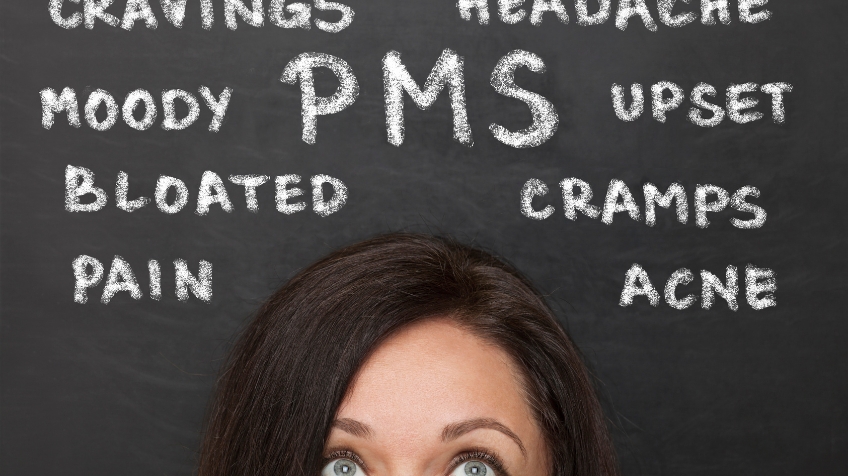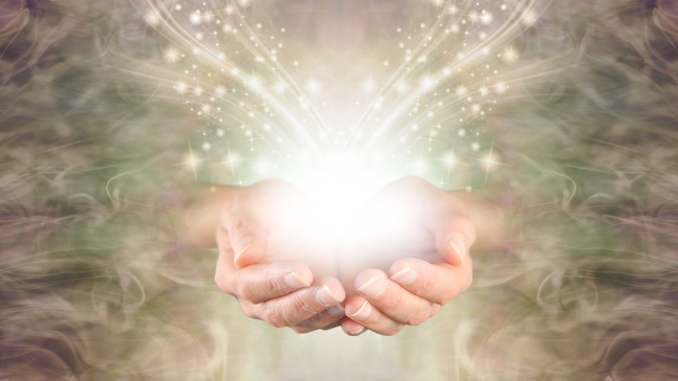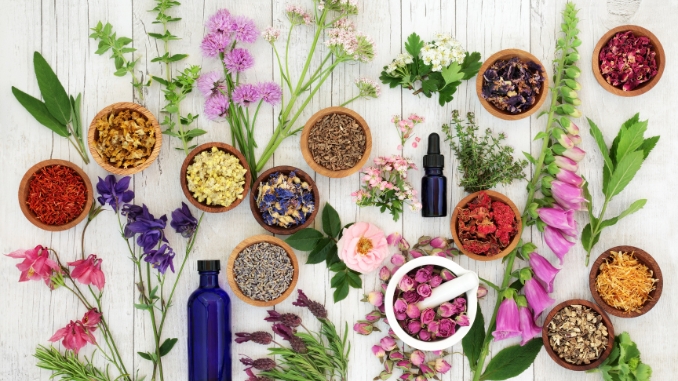PMS is not just a minor inconvenience but a critical issue that impacts a substantial part of the population. It's estimated that up to three out of every four women who menstruate have experienced some form of premenstrual syndrome. That’s a staggering 75%[¹]
For some, it's not too bad, but for others, it's really tough and can make them miss work or school. Even though PMS has decreased slightly over the years, it's still a major issue for women everywhere[²].
What Is PMS: Causes and Symptoms
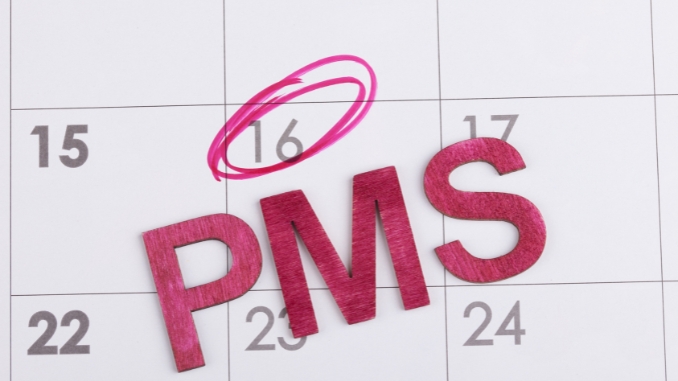
Premenstrual syndrome (PMS)[³]comprises a spectrum of physical and psychological symptoms that arise prior to the start of menstruation. These symptoms generally appear one to two weeks before the menstrual period and often follow a consistent pattern. Although most women experience only a few of these issues, the intensity and nature of the symptoms can range from mild to severe.
Here are some common physical and emotional symptoms[⁴]associated with PMS:
- Variations in mood, such as irritability, anxiety, and feelings of depression.
- Changes in appetite and food cravings
- Difficulty sleeping (insomnia)
- Desire to avoid social settings.
- Challenges with focus and concentration.
- Some women report joint or muscle pain.
- Headaches
- Fatigue or lack of energy.
- Weight increase due to fluid retention.
- Abdominal pain
- Breast tenderness or discomfort.
- Breakouts of acne.
For most women, symptoms typically subside within four days of starting their menstrual period. However, a few experience more severe symptoms called premenstrual dysphoric disorder (PMDD), which includes depression, mood swings, anger, and anxiety. Premenstrual syndrome (PMS) comprises a spectrum of physical and management of severe symptoms.
The precise cause of PMS is not fully understood[⁵], but several factors are thought to play a part:
- Hormonal fluctuations - Changes in hormone levels are believed to contribute, as symptoms vary with hormonal shifts throughout the menstrual cycle.
- Brain chemistry - Alterations in serotonin, a brain chemical that influences mood, may be responsible for PMS symptoms.
- Underlying depression - While not the sole cause, undiagnosed depression in some women may be linked to severe PMS symptoms.
By understanding the potential causes of PMS, you can make knowledgeable choices regarding the optimal treatment options to reduce your symptoms naturally.
5 Natural Treatment Options to Reduce PMS Symptoms
Managing PMS symptoms naturally can involve various approaches, including dietary changes, lifestyle modifications, herbal remedies, exercise, and stress reduction techniques. By combining these treatment options, you can create a holistic approach to improve PMS symptoms. Here are eight natural treatment options to consider:
1. Dietary changes to reduce PMS symptoms
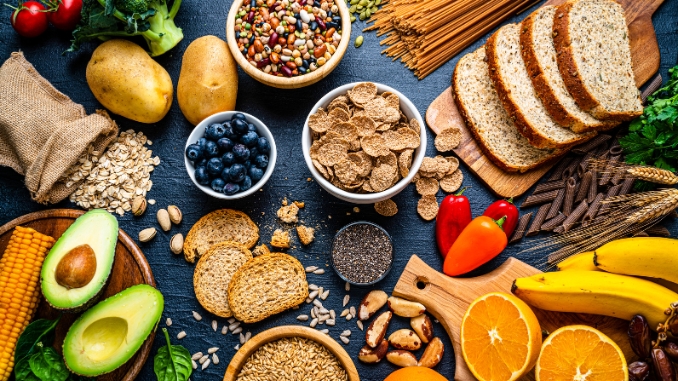
Your diet significantly influences the management of PMS symptoms. Making specific dietary changes can help regulate hormone levels and reduce inflammation, reducing symptoms. Consider incorporating the following into your diet:
- Increase whole foods - Focus on consuming whole, unprocessed foods rich in vitamins like vitamin D, minerals, and fiber. Incorporate fruits, vegetables, whole grains, lean proteins, and healthy fats into your meals.
- Reduce salt and refined sugar - Excessive salt intake can lead to bloating and water retention, whereas refined sugar can disrupt blood sugar levels and worsen mood swings. Limit your intake of these ingredients.
- Increase calcium and magnesium - These minerals have been shown to alleviate PMS symptoms. Foods rich in calcium encompass dairy products, leafy green vegetables, and fortified plant-based milk. Magnesium-rich foods include nuts, seeds, legumes, and whole grains.
2. Lifestyle changes to alleviate PMS symptoms
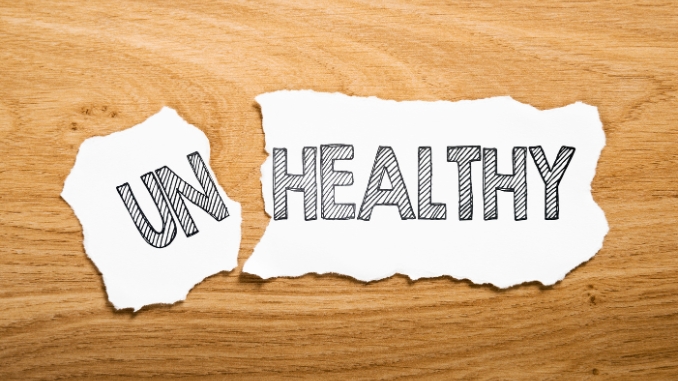
Specific lifestyle modifications can positively influence the management of PMS symptoms. Consider integrating these habits into your everyday routine:
- Regular exercise - Consistent physical activity, such as aerobic exercises, yoga, or Pilates, can help reduce PMS symptoms. Exercise prompts the release of endorphins, which improve mood and lessen pain.
- Adequate sleep - Make it a priority to get adequate sleep each night to maintain hormonal balance and overall well-being. Strive for 7-9 hours of quality sleep.
- Stress management - Implement stress management techniques like deep breathing exercises, meditation, or journaling. Practices like these can help regulate hormones and reduce anxiety.
3. Natural remedies for PMS relief
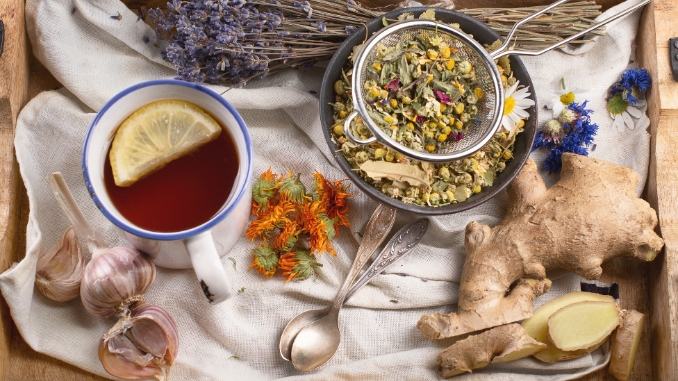
Various herbal remedies have traditionally been utilized to relieve PMS symptoms. While scientific evidence is limited, some herbs can relieve menstrual cramps and have shown other promising results. Talk to a medical professional before using herbal supplements. Consider the following options:
- Chasteberry - Chasteberry, also recognized as Vitex agnus-castus[⁶], has a centuries-long history of use for regulating menstrual cycles and easing PMS symptoms. It is believed to help stabilize hormone levels and reduce symptoms like breast tenderness, bloating, and irritability.
- Evening primrose oil - Evening primrose oil[⁷] is abundant in gamma-linolenic acid (GLA), an essential fatty acid that may alleviate breast pain and tenderness linked to PMS.
- Ginger - Ginger possesses anti-inflammatory qualities and may help relieve menstrual cramps and nausea. Consider adding fresh ginger[⁸] to your diet or trying ginger supplements.
4. Exercise and physical activity for PMS management

Participating in regular physical activity can reduce PMS symptoms. Exercise helps release endorphins, which elevate mood, reduce pain, and improve overall well-being. Consider the following exercises:
- Aerobic exercises - Activities like walking, running, swimming, or cycling can improve cardiovascular health, boost mood, and reduce stress.
- Yoga - It can help lower stress, enhance flexibility, and meditation. It can help reduce stress and alleviate PMS symptoms.
- Pilates - Pilates concentrates on core strength, flexibility, and overall body conditioning. It can aid in improving posture, reducing muscle tension, and boosting well-being.
When To Seek Healthcare Professionals
Knowing when to seek guidance from healthcare professionals is crucial. Medical advice should be sought if you experience the following:
- Symptoms significantly affect daily life - If severe PMS symptoms disrupt your ability to carry out routine activities, such as work, school, or social engagements. In that case, it's time to consult with a healthcare provider.
- Symptoms worsen over time - If your PMS symptoms progressively worsen with each menstrual cycle, it's essential to discuss these changes with a healthcare professional to explore potential underlying causes and treatment options.
- Symptoms are unmanageable - If self-care strategies and lifestyle modifications[⁹] fail to alleviate severe PMS symptoms adequately, seeking medical advice can help identify alternative treatment approaches, including prescription medications.
- New or unusual symptoms emerge - If you experience new or unusual symptoms during the premenstrual period, especially those not typical for you, it's important to discuss these changes with a healthcare provider to rule out potential health issues.
Symptoms resemble other health conditions - Some PMS symptoms overlap with those of other medical conditions, such as anxiety, depression, or thyroid disorders[¹⁰] If you experience symptoms resembling other health conditions, a healthcare provider can conduct appropriate evaluations to rule out underlying concerns.
If you're experiencing severe PMS symptoms, particularly if they resemble premenstrual dysphoric disorder (PMDD)[¹¹] disrupt your daily life, or resemble symptoms of other health conditions like thyroid disorders, seeking guidance from healthcare professionals, including discussion of prescription medications, is required for proper evaluation and treatment.
Conclusion: Finding the Best Treatment Options For You
Reducing PMS symptoms naturally involves combining dietary changes, lifestyle modifications, herbal remedies, exercise, and stress reduction techniques. Finding the best treatment options that work for you is essential, as everyone's experience with PMS is unique.
Experiment with different approaches and consult with your doctor to create a personalized plan for managing your symptoms. By taking bold steps, you can reduce the impact of PMS on your life and improve your overall well-being.
Are raging hormones making you feel crazy, moody or like hiding under the bed? Check out this 14-Day Hormone Balancing Quick Start Program now!
Disclaimer: The information here is for educational purposes only and not a substitute for professional medical advice. When considering natural methods for managing PMS symptoms, always consult a healthcare provider to ensure these approaches are safe and appropriate for your specific health needs. Individual responses to treatments may vary, so professional guidance is crucial.

